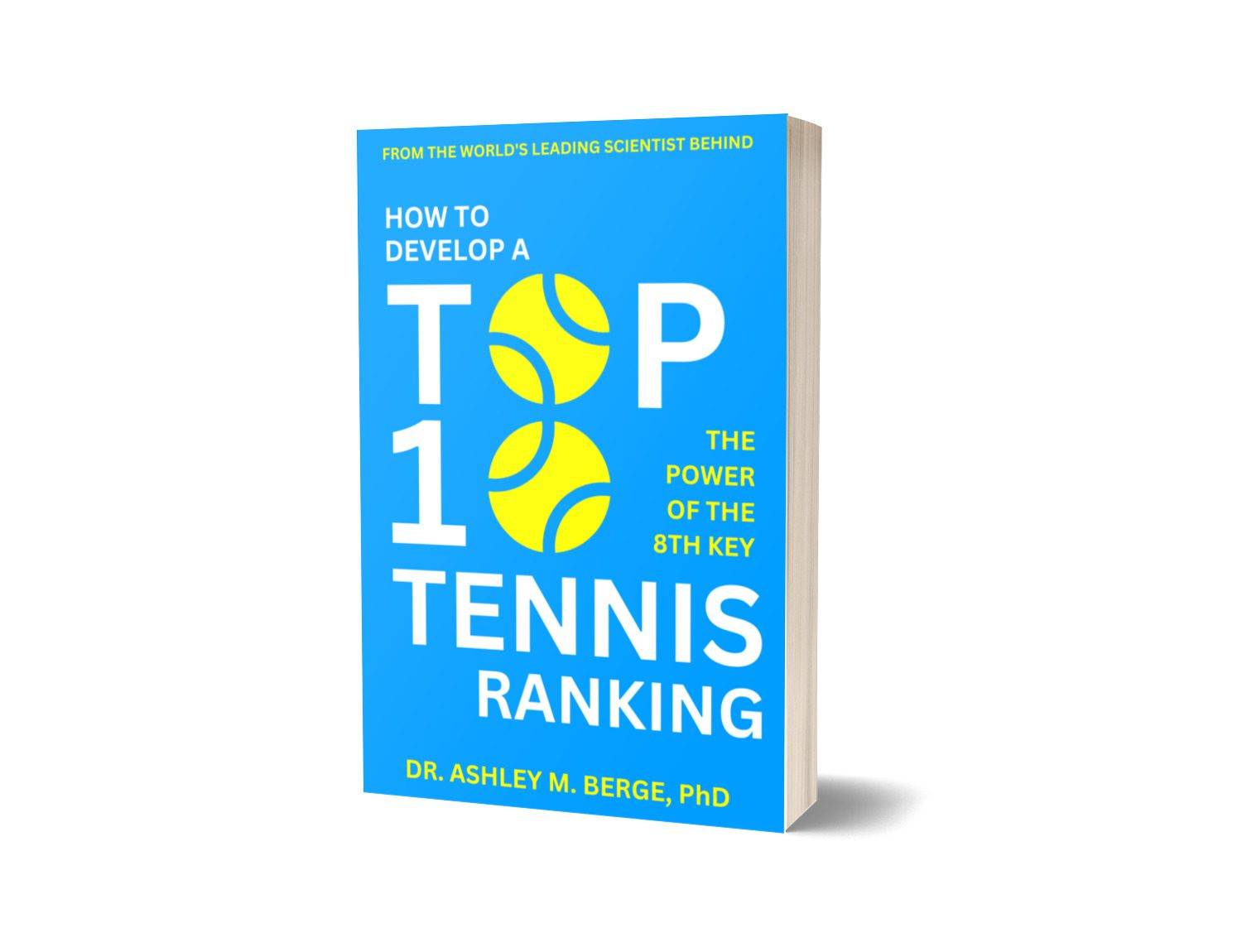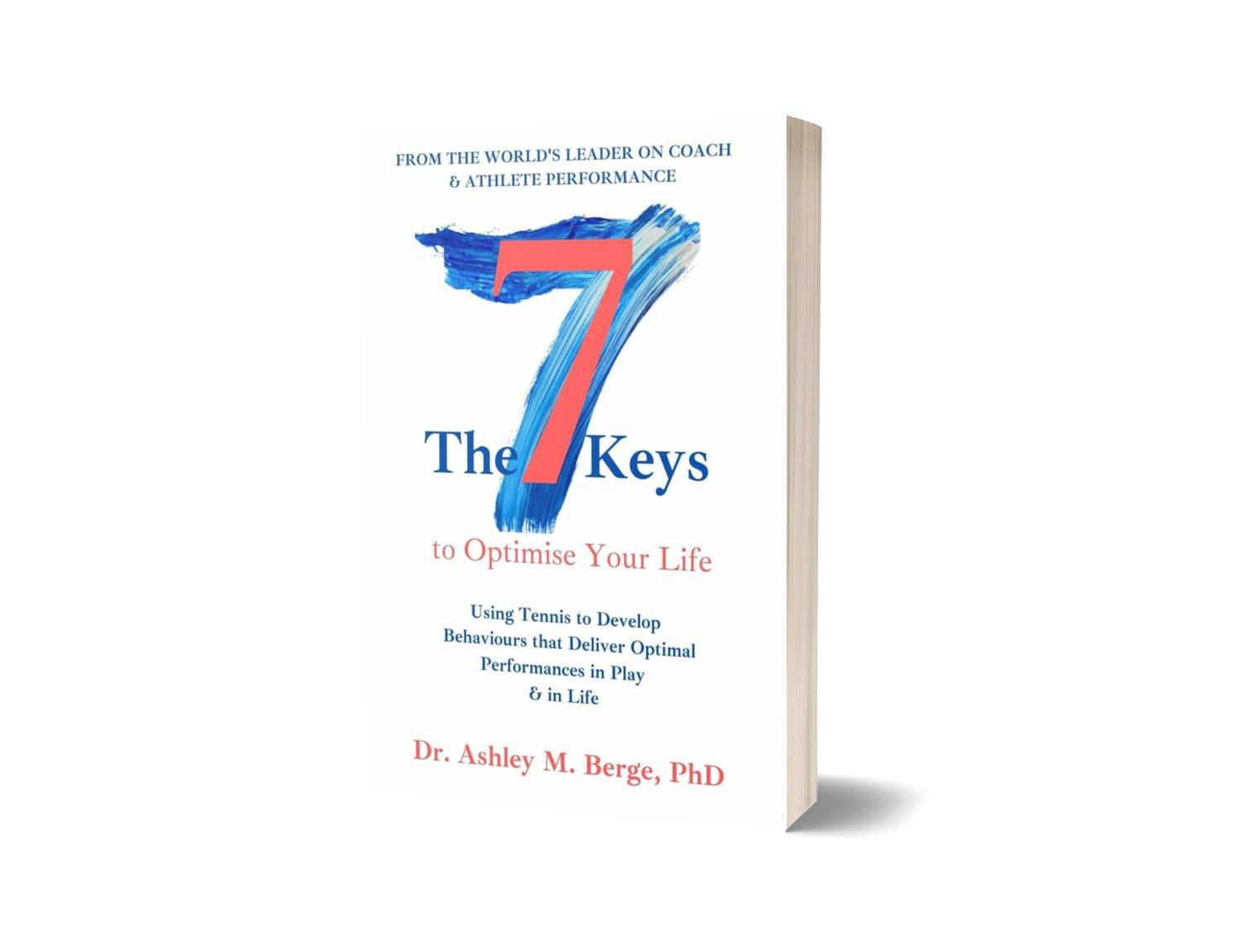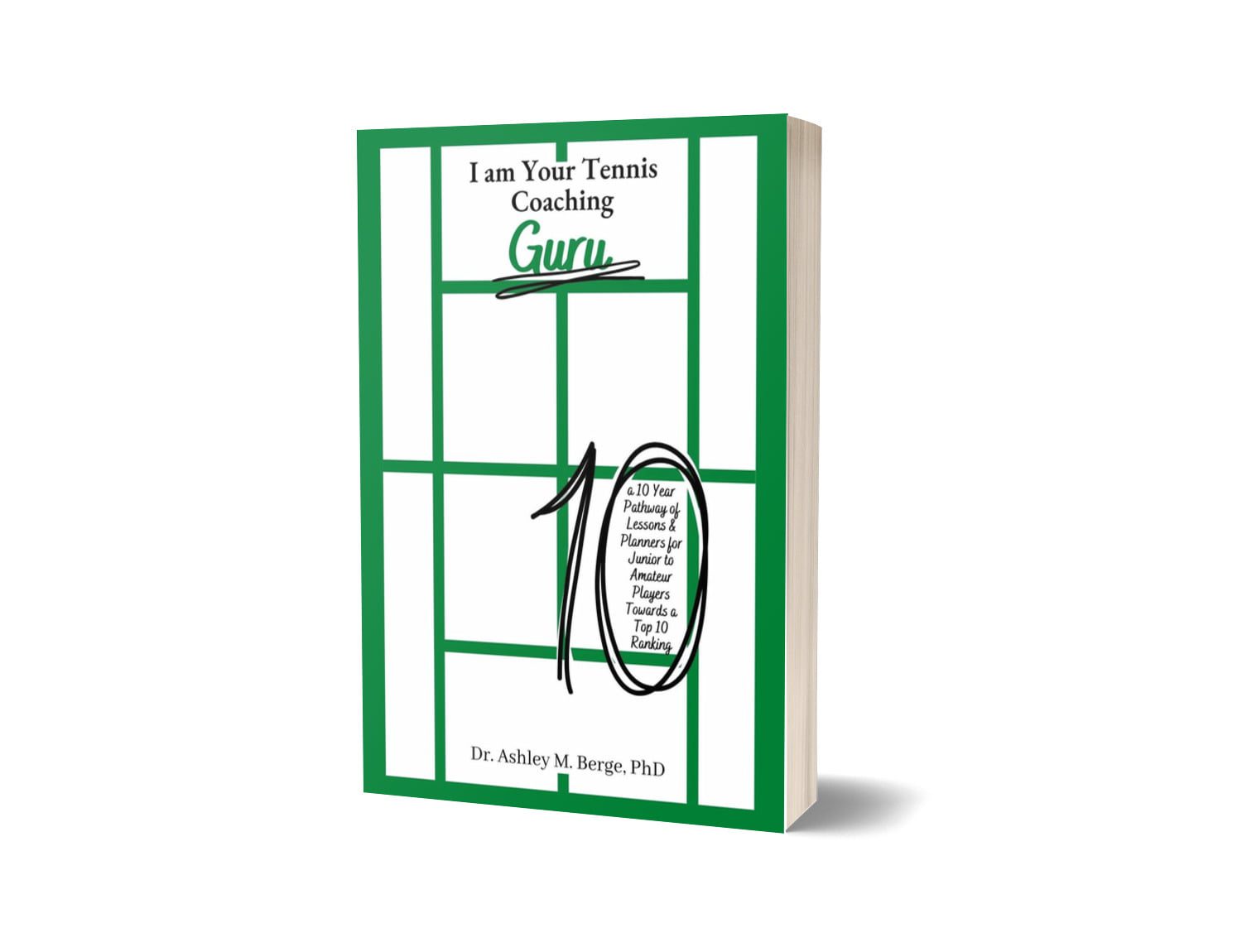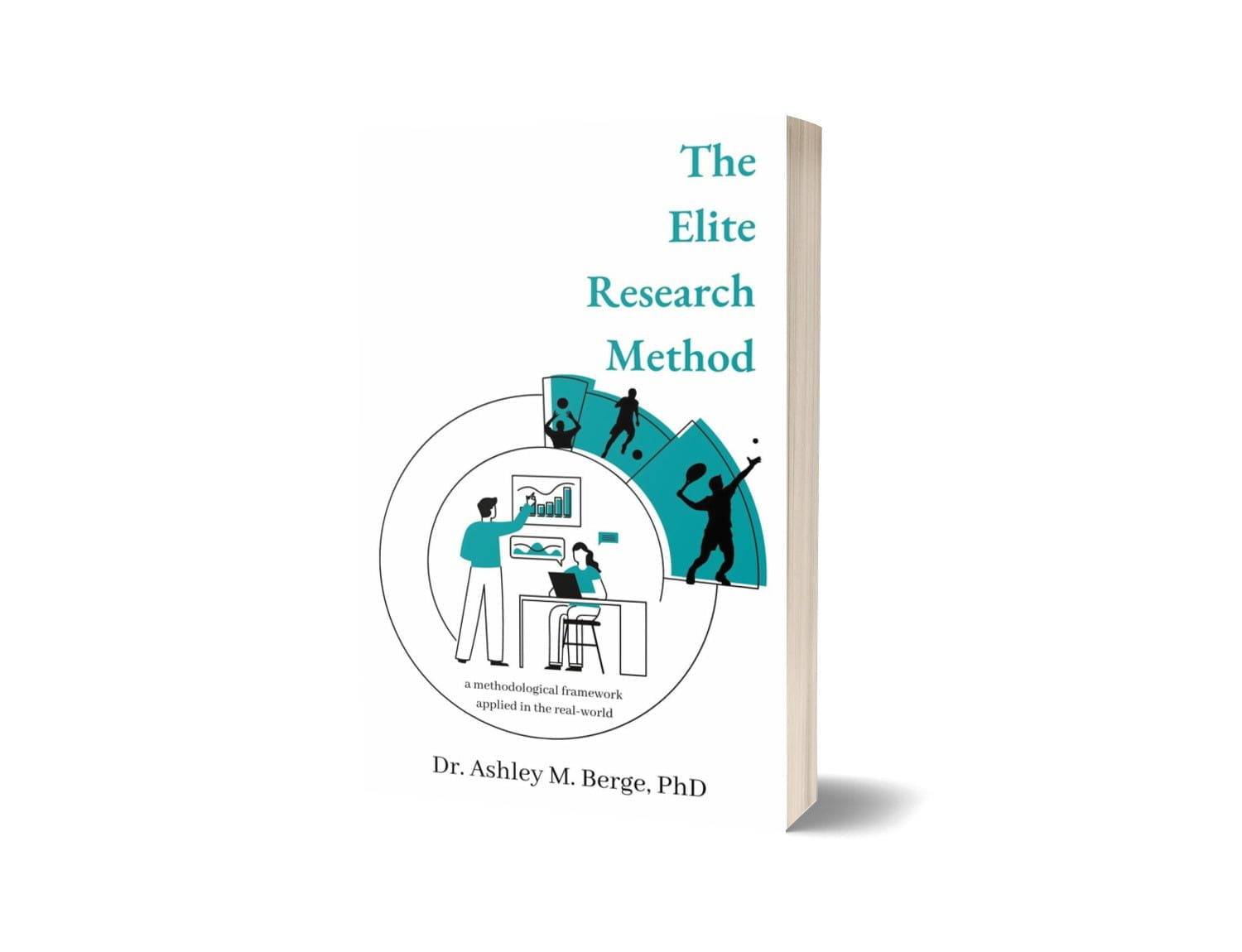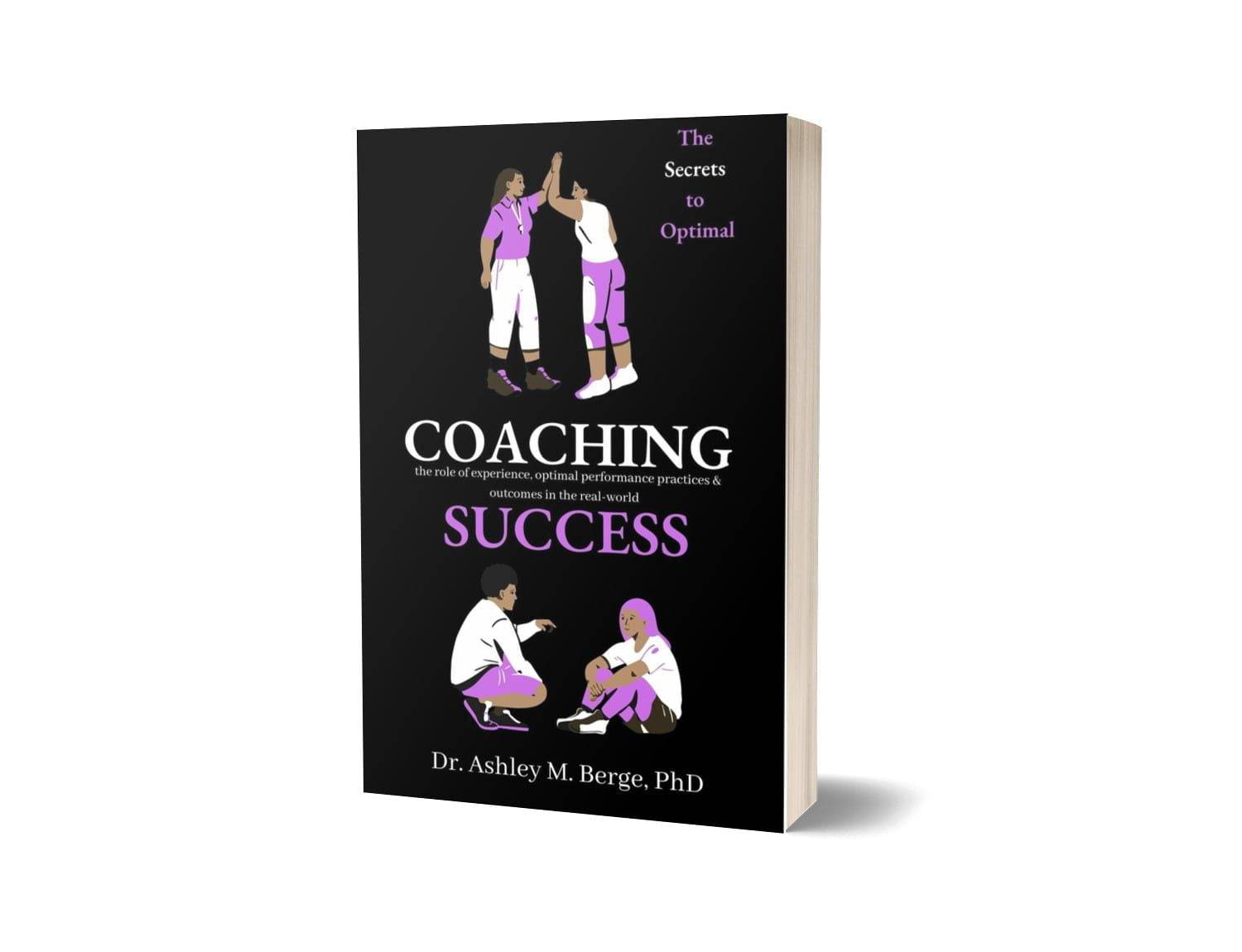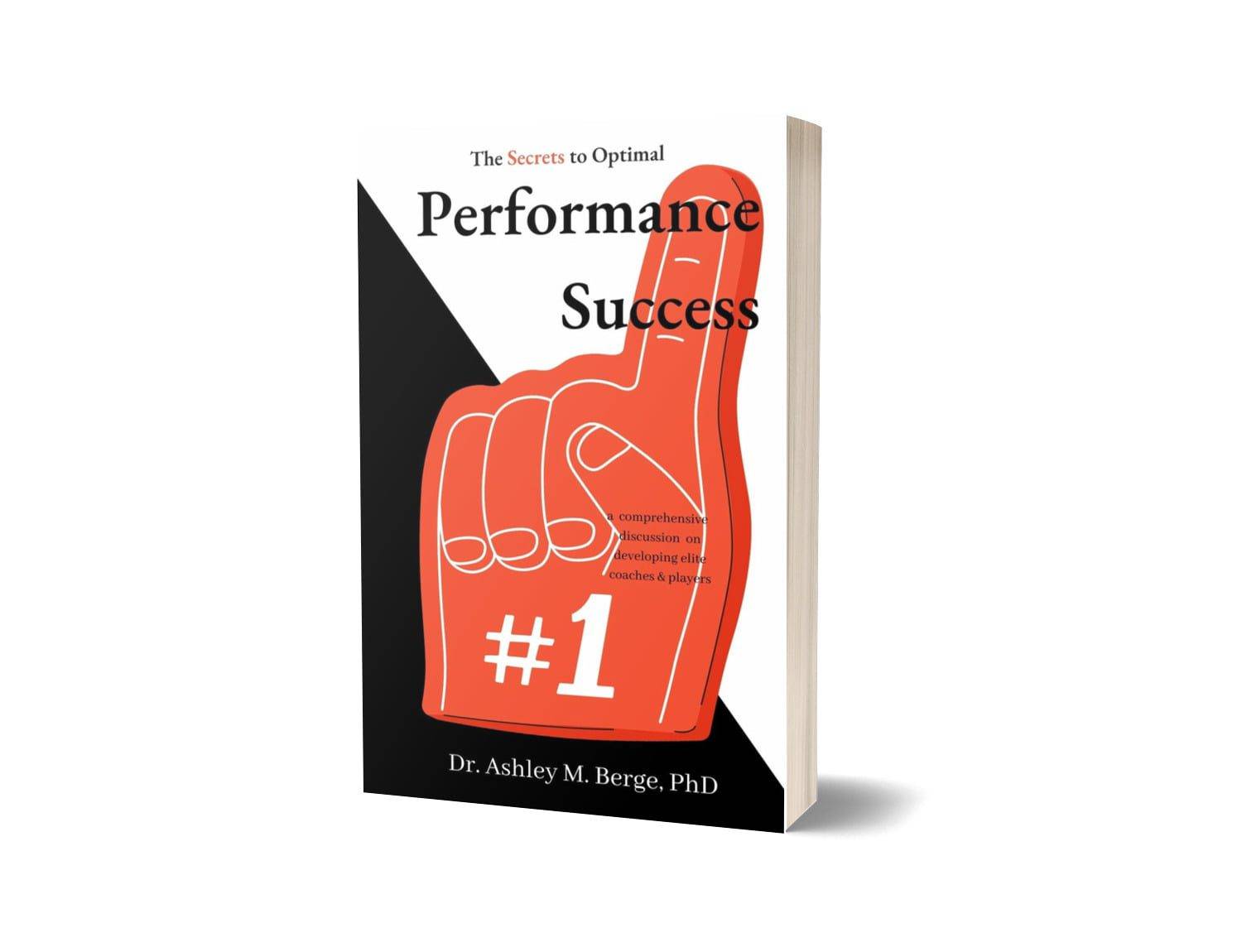
Whether tennis is your sport of choice or you’re involved in another this is equally as applicable and coaches to parents and/or guardians please take note. There comes a time in a player’s to child’s very early life when they’re posed with some tricky decisions and some of them being the most hardest decisions they’ve had to make in their young life to date and a caring to supporting team (i.e. recall that triangular approach) to family is of the utmost importance. Sadly, this isn’t always the case and if more parents/guardians and coaches took on this advice we’d have more well-rounded players/athletes opposed to those drenched in the fear of pressure and its potential consequences.
Recall and refresh on previous Blogs (and their accompanying episodes) on Self-Worth to Mental Health and a myriad of topics discussed between with our extensive catalogue to date for a broader understanding. Persistence verses Walking Away serves a different purpose, however, insofar as a warning for all coaches and parents/guardians out there on how to best manage pressure and expectations to best serve the player/athlete to child. And contrary to what you might think, there’s a good chance it could be a little off. By all accounts, there will be those out there who understand the pitfalls of pressure and a growing child’s identify crisis — trying to find the place and/or space they fit into in this world. And if tennis isn’t where they fit, that is perfectly okay. If it is, that’s perfectly okay, too. But neither should view ‘tennis’ as their place and/or space alone. Irrespective of your sport, it’s incredibly important to have an identify detached from the training grounds to allow the pressure to serve its purpose on one hand, and on the other to be non-existent in contrast to the constancy of pressure and how it can take over a younger players/athletes enjoyment for their sport / the game.
On the other side of this conversation of pressure and fear is the real truth around the compounded effect of parents and/or guardians and expectations to perform — relentlessly. Irrespective the personality of your child, this relentless attitude feeds directly back to the pitfalls of pressure. You see, pressure is a funny thing that is equally conducive and dangerous. It’s a balancing act. But if it is not channelled accordingly the more it is likely to have a more negative impact than not. As someone who fell towards the later, this was because I was never taught about these pitfalls, good and/or bad and how to manage them.
Fast-forward two decades (and then some) we know the inner-working of human behaviour in child development and more explicitly the role of pressure and how it can in fact be detrimental if not managed accordingly.
So how do you manage it? First of all, take a step back. Coaches, take a step back, too. Only then, can the explanatory nature of pressure serve its purpose. If this approach is not taken, the likelihood of a promising player walking away from the game and/or sport of choice due to the pitfalls of pressure is unfortunately incredibly high. Why? Well, if you haven’t experienced it before it can become a very dangerous reality where a child (player/athlete) attaches their value — their self-worth to their self-esteem on the outcome of a performance. However, the pressure is so severe that they may become frozen and unable to play/perform in a relaxed state and as such, their performances dwindle. And, at the same time, the idea of pressure being misunderstood then becomes feared — it creeps up on the child (player/athlete) like a ghoul in the night that it can become terrifying to suffocating and all of a sudden the sport they enjoy playing, the one that brought endless bliss and happiness has turned into the exact opposite. Almost to be feared, this sport whether it be tennis or another, takes on a new light all because of the suffocating role pressure can play in a child’s development if it is compounded by the coach, parent and/or guardian opposed to being softer, caring and more thoughtful response when words are shared around a child’s performance.
And this means? It’s simple. Persistence verses Walking Away is just that. The player/athlete will persist if the environment is conducive which also means where pressure is understood and not mishandled to the point of the parent and/or guardian ‘expecting’ anything other than for the player/athlete to have fun. By the same token, if the coach expects anything more than for the player/athlete to try their best. There are no in-betweens. Win or lose it should not matter. Of course the win is a bonus and The Pathway is in full tact. But you know what? There will be losses and there may very well be many more losses than anticipated, but that doesn’t mean The Long Game is amiss. Persistence keeps the player/athlete around for the 10 Years of Play and pressure is one element, if mismanaged, that will see the player/athlete walk away from the game they love because no one wants to deal with a ghoul in the middle of the night, child or adult.
To learn more about Persistence versus Walking Away: Tennis Players, head on over to Beyond Top 10 Tennis and head to Episode 56. More? Catch up on our Tips over on TikTok, Twitter, Threads or Instagram for quick snippets to apply in your game, today.
